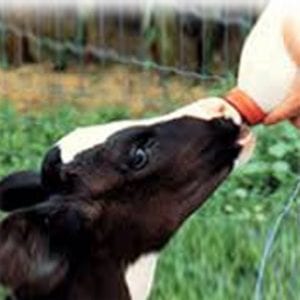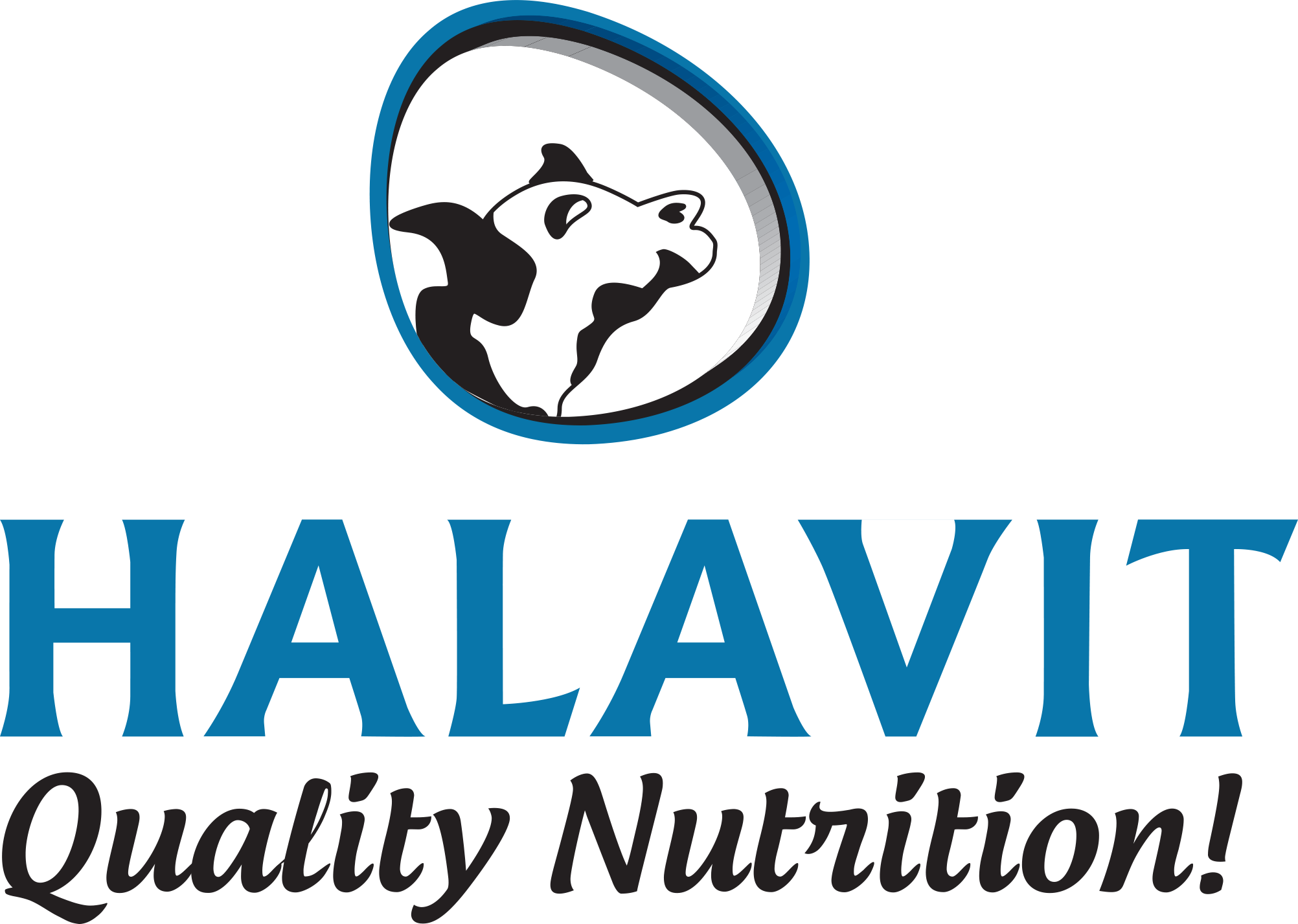WHEN IT’S TOO COLD FOR THE CALVES IN WINTER… THESE ARE THE NUMBERS THAT YOU NEED TO KNOW

Newborn calves, while still receiving milk or milk replacers, are at a very delicate point in life. Environmental changes, such as temperature, have a significant effect on their bodies and health.
As the winter approaches and temperatures drop, calves are exposed to outside conditions which require them to use more energy sources, in order to maintain normal physiological functioning and continue their development.
According to a paper from the University of Illinois, a calf’s thermoneutral zone is between 15 – 25 Celsius, which means that the heat produced by the calf is equal to the amount of heat lost*. For every one degree Celsius that goes down, calves need 1% more energy in order to have adequate immune and stress responses.
The study found that only 25% of the farms increased the amount of milk or milk replacers given to calves during the winter.
Due to colder winters and harder temperature conditions it is essential to find the best nutrition for calves, in order to provide them with the necessary energy source.
Halavit, a longstanding producer of milk replacers, uses state-of-the-art technologies to process milk replacers for calves and other animals which give the necessary nutrients in different conditions.
Contact us for more information on Halavit’s milk replacers, for a winter full of energy and nutrition of the highest quality.
Reference:
* https://dairyfocus.illinois.edu/content/feeding-calf-growth-even-winter



